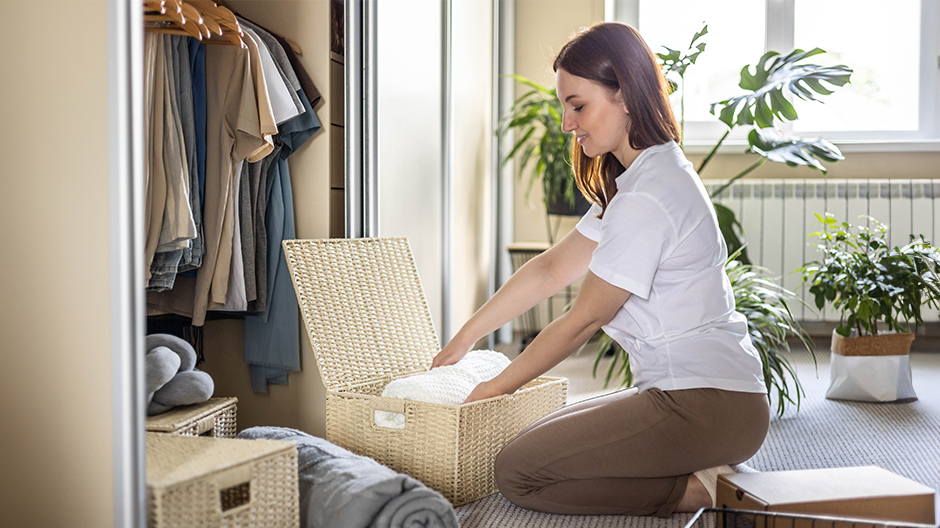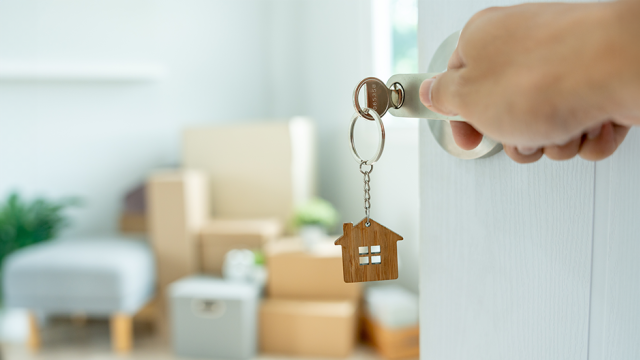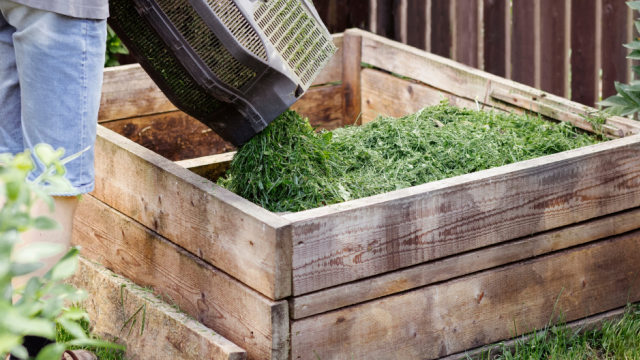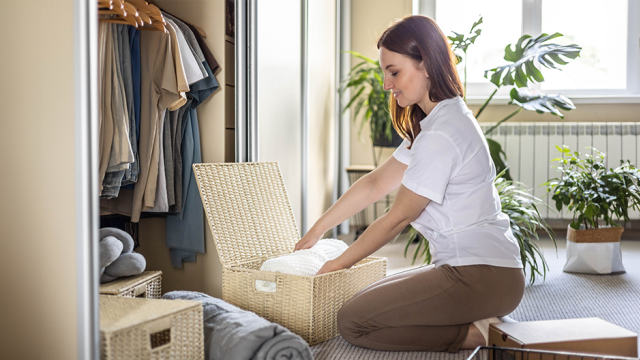Beyond the standard glass, plastic and cardboard at the kerbside, there are options out there to recycle tricky things like tech, furniture and other household items. If you’ve got something that’s not in good enough nick for repairing or re-homing, see whether you can recycle it locally.
Recycle batteries
Batteries of any kind from AA to lithium-ion aren’t meant to go into general waste each week. They contain chemicals that are toxic and hazardous to both people and the environment. They’re also a fire hazard, especially in the busy landfill environment. A fire in a landfill is a fairly major issue. Instead, collect your used batteries in a container, well out of any child’s reach and then look for your local battery recycling programme. This gives you peace of mind that your batteries will be reused and managed safely.
Recycle electronics
Think that 90s PC is beyond hope? Don’t throw it in the tip just yet. E-waste has so much potential for reuse. There are plenty of components in computers, phones and other electronic devices that may find a new life in something else or be used to repair another device.
While we say don’t throw it into the general area of your landfill, there are locations around the country with a dedicated tip/trash shops you can take your electronics to. A tip shop will help to safely recycle and process these items in the proper way. Or, they may on-sell your donated gadgets in their shop. Just make sure to remove any data on these devices.
Whiteware and ovens
Need to get rid of an old, broken fridge, dryer or other large appliance before your move? Your local transfer station will usually have a designated area where you can leave these. It goes without saying, but we’ll say it anyway – make sure you’ve got plenty of help to shift these heavy items and always secure the load carefully.
Furniture
Second-hand furniture isn’t just reserved for charity shops – it’s big business. And sometimes we don’t even know what we’re ‘sitting on’. The couch you want gone because it won’t work in the new place could fetch good money from a second-hand furniture store. Otherwise, you could contact your local charity shops with information about your furniture. They may ask for photos and more details so they can decide whether or not they can take it. Those tip shops are worth a call too, as there are always bargain hunters looking for furniture to breathe new life into.







